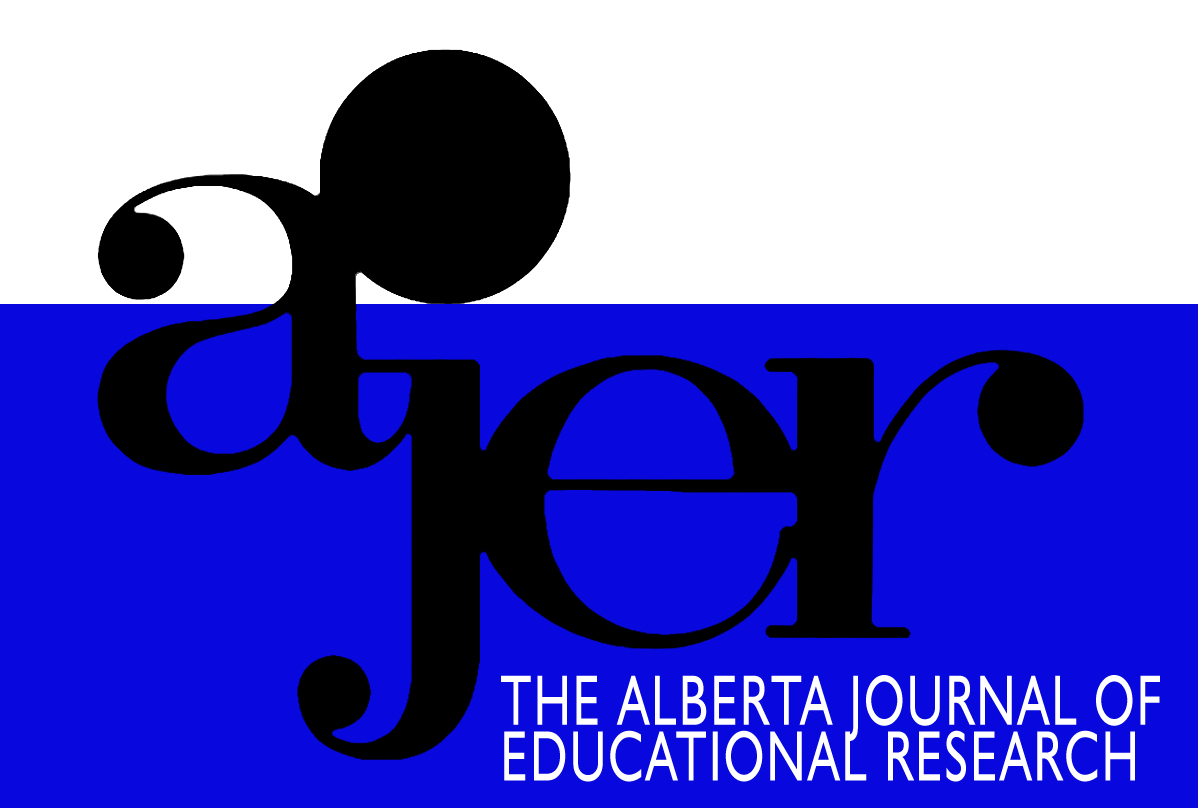New Teachers’ Career Intentions: Factors Influencing New Teachers’ Decisions to Stay or to Leave the Profession
DOI:
https://doi.org/10.55016/ojs/ajer.v57i4.55525Keywords:
teacher retention, teachers’ career intention, teacher preparationAbstract
This study examines the relationship between the reported career intentions and perceptions of preparedness of graduating secondary teachers in Quebec, across a two- year period, in an effort to identify factors which contribute to growing attrition rates among beginning teachers. The study reveals that those beginning teachers most concerned with their lack of preparation in the areas of classroom management and assessment of students’ learning are more likely to consider leaving the profession. While evidence suggests that beginning teachers do develop increasing confidence in terms of classroom management in their second year of teaching, their challenges with effectively assessing student learning endure through the first two years of teaching. Findings from this mixed method study suggest that both initial teacher education and employers have a shared responsibility to give greater attention to the ways in which teachers are introduced to and have experience with strategies for the assessment of student learning.
Cette étude porte sur le rapport entre les intentions de carrière et les perceptions qu’ont les finissants en enseignement secondaire au Québec quant à leur niveau de préparation. La recherche s’est étalée sur deux ans et visait à identifier les facteurs qui contribuent au taux grandissant d’attrition chez les enseignants débutants. L’étude a révélé que les enseignants débutants qui sont les plus préoccupés par leur manque de préparation en matière de gestion de classe et en évaluation des apprentissages sont également susceptibles de penser à quitter la profession. Bien que les résultats montrent que les enseignants débutants tendent à devenir plus confiants en gestion de classe pendant leur deuxième année d’enseignement, leur défis quant à l’évaluation des apprentissages persistent tout au long de leur deuxième année d’enseignement. Les résultats de cette étude qui reposent sur une méthode mixte indiquent également que, tant la formation initiale des enseignants que les employeurs, doivent porter attention à la présentation des notions relatives à l’évaluation des apprentissages et aux expériences qui sont offertes aux enseignants en début de carrière.
Downloads
Issue
Section
License
UNIVERSITY OF ALBERTA COPYRIGHT LICENSE AND PUBLICATION AGREEMENT
If accepted, authors will be asked to sign a copyright agreement with the following points:
A. Where there is any inconsistency between this Copyright License and Publication Agreement and any other document or agreement in relation to the same subject matter, the terms of this Agreement shall govern.
B. This document sets out the rights you are granting in relation to publication of your article, book review, or research note entitled (the “Article”) through inclusion in the academic journal titled Alberta Journal of Educational Research (the “Journal”) published through the Faculty of Education, representing the Governors of the University of Alberta (the “Journal Editor”).
C. There will be no payment to you for this publication and grant of rights. In consideration of the agreement to publish the Article in the Journal:
1. You are warranting that:
- the content of the Article is your original work, and its content does not contain any material infringing the copyright of others; or, where the Article is not entirely your original work, you have obtained all necessary permissions in writing to grant the rights you are giving in this agreement;
- the content of the Article does not contain any material that is defamatory of, or violates the privacy rights of, or discloses the confidential information of, any other person;
- the Article has not been published elsewhere in whole or in part, and you will not allow publication of the Article elsewhere without the consent of the Journal Editor;
- the names of all co-authors and contributors to the Article are:
2. You agree to license the copyright in the Article to the Journal Editor, on a worldwide, perpetual, royalty free basis; and to the extent required by the terms of this agreement. You shall retain the right at all times to be acknowledged as the/an author of the Article.
3. You further agree that the Journal Editor has the entitlement to deal with the Article as the Journal Editor sees fit, and including in the following manner;
- The right to print, publish, market, communicate and distribute the Article and the Journal, in this and any subsequent editions, in all media (including electronic media), in all languages, and in all territories, ing the full term of copyright, and including any form of the Article separated from the Journal, such as in a database, abstract, offprint, translation or otherwise, and to authorize third parties to do so;
- The right to register copyright of the Journal;
- The right to edit the Article, to conform to editorial policy as the Journal Editor sees fit.
4. If any co-author or contributor to the Article does not sign this agreement, the Journal Editor reserves the right to refuse to publish the Article.



